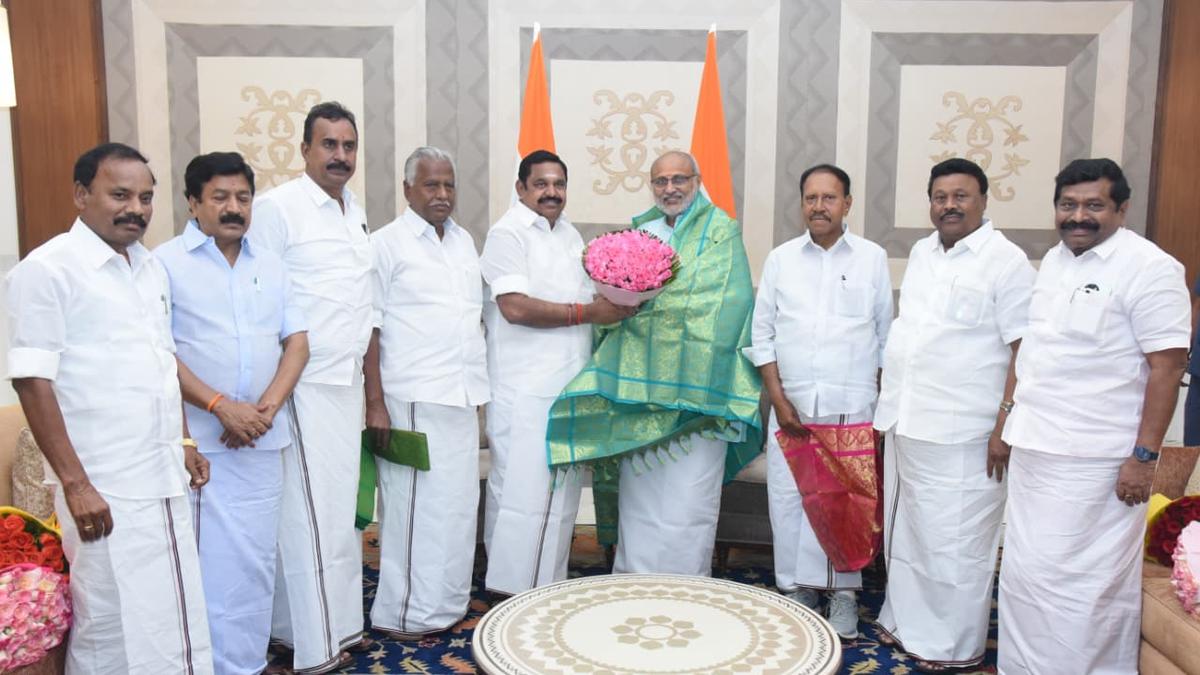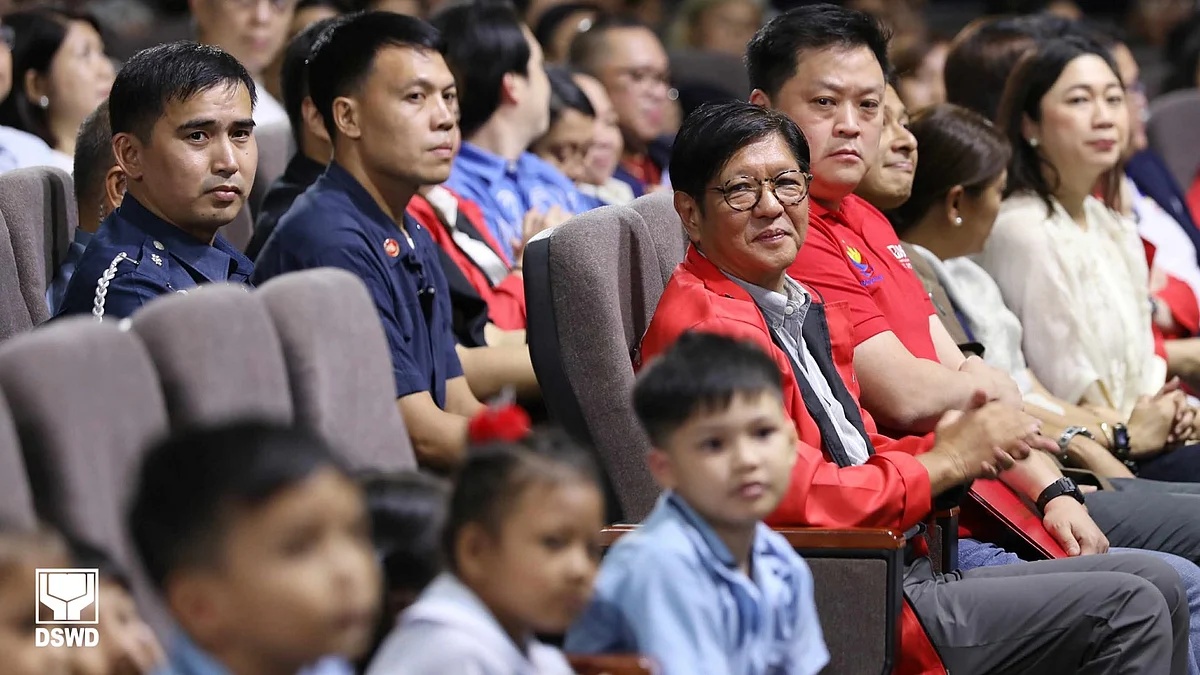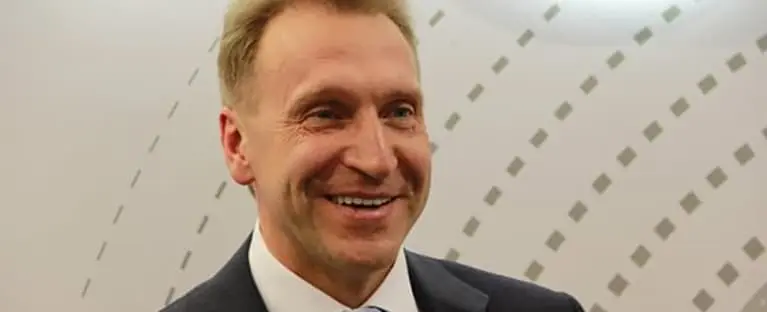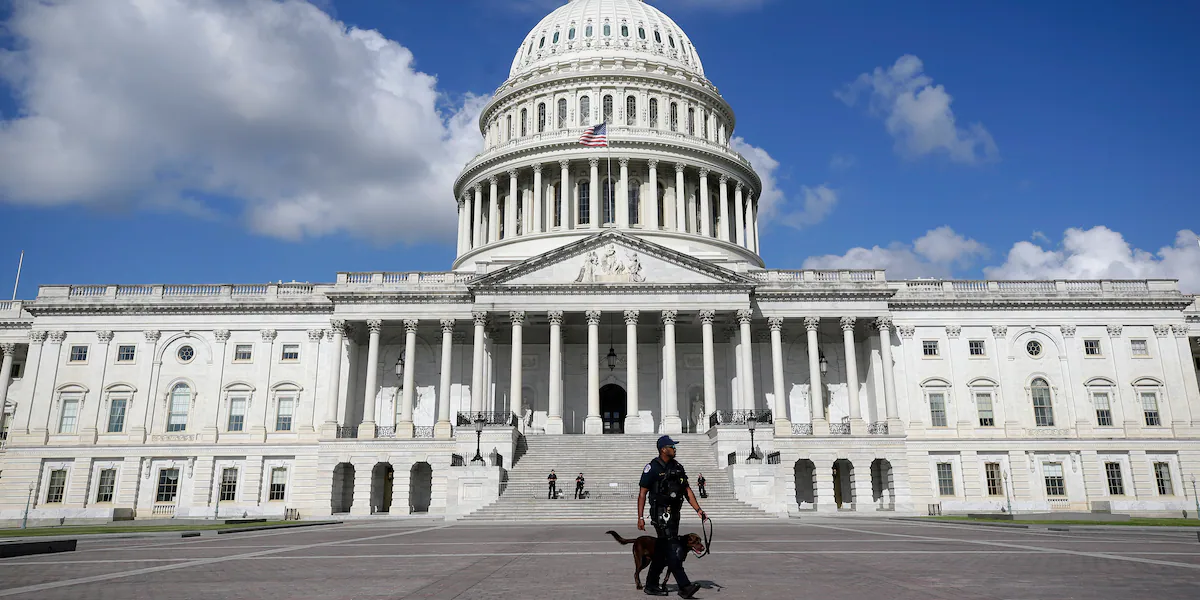Alan Harler, innovative conductor laureate for the Mendelssohn Chorus and professor emeritus of music at Temple, has died at 85
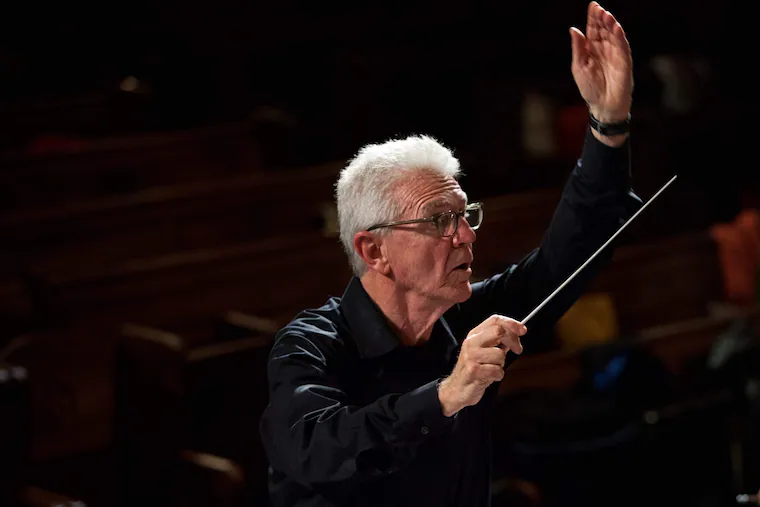
Alan Harler, 85, of Philadelphia, innovative conductor laureate for the Mendelssohn Chorus of Philadelphia and professor emeritus and former chairman of choral music at Temple University’s Boyer College of Music and Dance, died Thursday, June 26, of complications from a stroke at Foulkeways at Gwynedd retirement community.
Professor Harler became music director for the Mendelssohn Chorus, then known as the Mendelssohn Club, in 1988 and, with audacity, energy, and imagination, turned the financially struggling organization into what members called “a thriving, relevant, and innovative force in Philadelphia’s cultural fabric.”
Over 27 years, until his retirement in 2015, Professor Harler professionalized the leadership structure at Mendelssohn, established a conducting apprenticeship program, and commissioned 58 new works, including the 2015 Pulitzer Prize winner for music, “Anthracite Fields,” by Julia Wolfe.
He presented world premiers, championed cross-cultural partnerships, and collaborated on pioneering projects with dancers, orchestras, and singers from Mexico, Korea, China, Africa, and Puerto Rico. One performance even featured a live horse.
“Inviting or even gently pulling people out of their 21st-century comfort zones is the first step in preparing them to experience music and the human voice at the deepest level,” he told Mendelssohn colleagues.
He was so creative the Mendelssohn board of directors established the Alan Harler New Ventures Fund in 2007 to support his programming innovations. He was named Mendelssohn’s artistic director in 2009.
“Who would have imagined that someone so gentle and seemingly mild-mannered would be so artistically adventurous?” said Ellie Elkinton, former chair of the Mendelssohn board. “We should have guessed when we saw printed in large letters across Alan’s three-ring binder: ‘We take risks.’”
He also served in leadership roles for Chorus America, the American Choral Foundation, the American Musicological Society, and other groups. In 2019, Chorus America officials said: “He never misses an opportunity to bring audacious music to an ever-broader circle of singers and audiences.”
He joined Temple in 1980 as the Laura Carnell Chair of Choral Music and spent 30 years, until his retirement in 2010, directing the university’s concert choir at hundreds of appearances. He taught masters classes in choral concepts around the world and directed Temple’s graduate choral conductor program.
He also served on Temple’s executive council, collegial assembly, and committees that addressed tenure and promotion, graduate policy, curriculum, and performance. “Maestro Alan Harler,” Temple officials said on Instagram, “touched the lives of countless Boyer community members.”
He founded the award-winning Contemporary Vocal Ensemble, known now as NOTUS, at Indiana University, and was assistant director at the Aspen Choral Institute in Colorado in the 1970s. For years, he collaborated with Ricardo Muti, Wolfgang Sawallisch, and other renowned orchestra conductors.
He earned awards for “adventurous programming” and “vitality and excellence” from Temple, the American Choral Directors Association, and other groups.
In 2009, the Musical Fund Society of Philadelphia recognized his “distinguished contribution to the musical life of Philadelphia” with an honorary lifetime membership. In 2019, Chorus America celebrated his “development of the professional choral art” with its Distinguished Service Award.
Inquirer music critic Lesley Valdes reviewed a 1996 holiday performance by the Mendelssohn Chorus and said: “Music director Alan Harler conducted with an aplomb that seemed to convey his pleasure in hearing a commission so beautifully executed.”
He taught music and led ensembles and workshops at the University of Massachusetts and then Indiana University in the 1960s and ‘70s. Before that, he was a music therapist at a research hospital, high school music teacher, and church music director.
Friends and colleagues called him “tremendously talented and gracious,” and “dynamic and inclusive” in tributes. One colleague said he was a “friend and mentor who brought light everywhere he went.”
Alan Eugene Harler was born April 10, 1940, in Galesburg, Ill. He studied piano, voice, and music education at Illinois Wesleyan University, and earned a bachelor’s degree in music in 1962.
He earned a master’s degree in choral conducting and literature at the University of Cincinnati College-Conservatory of Music in 1966 and did course work for a doctorate in 1967.
Professor Harler lived in Center City for years. He liked to hike, read, swim, travel, and do yoga when he wasn’t creating.
Longtime partner Chuck Kalick called him warm, caring, supportive, adventurous, loving, and devoted.
Elkinton said in a tribute video: “You have been a gift to all of us, to the city of Philadelphia, to the world of choral music, and all we can do is thank you from the bottom of our hearts.”
In addition to his partner, Professor Harler is survived by a niece, a nephew, and other relatives. A brother died earlier.
A celebration of his life is to be held at 4 p.m. Sunday, April 12, 2026, at St. Paul’s Episcopal Church, 22 East Chestnut Hill Ave., Philadelphia, Pa. 19118.
